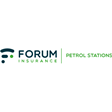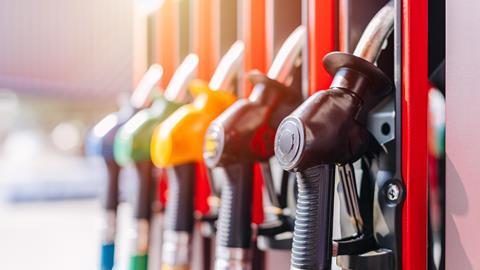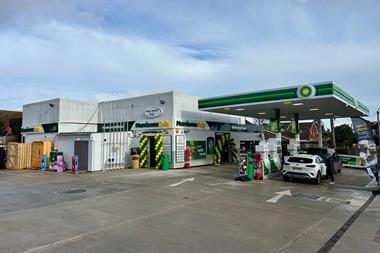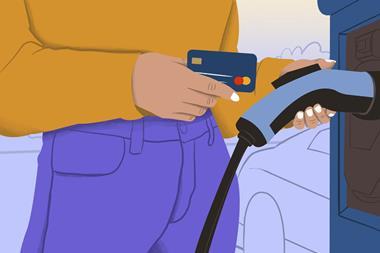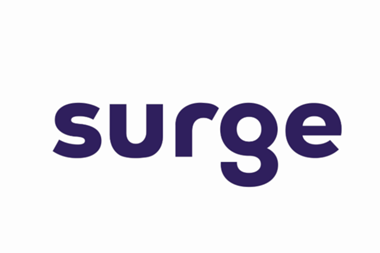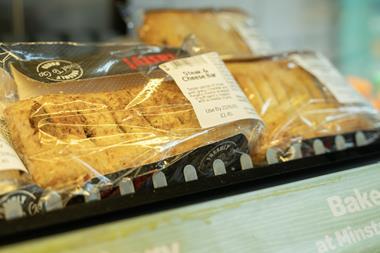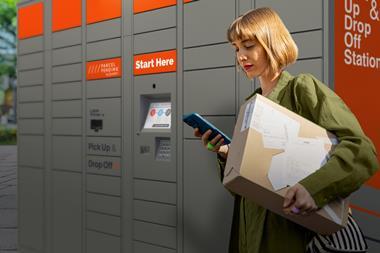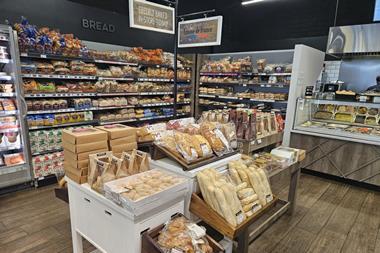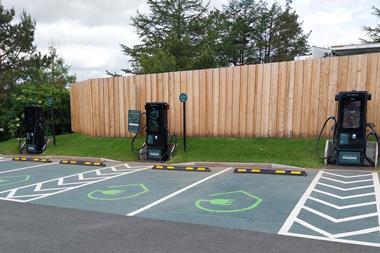A comprehensive insurance package could make the difference between peace of mind and sleepless nights for forecourt operators. Find out what the different types of coverage available are and the most frequent insurance claims seen.
For customers, forecourts have grown beyond a fuel pitstop, they now have attractive product and service offerings making them vital hubs of the local community. This increase in footfall naturally increases the risk of forecourts with flammable goods, people, and vehicles all in a single location. So, a comprehensive insurance package could make the difference between peace of mind and sleepless nights when an incident occurs.
But what does a comprehensive insurance package for forecourts look like?
Although most forecourts have similar products, no two are identical; the same is true for the insurance requirements for each location. So what are the different types of coverage available and the most frequent insurance claims seen?
What are the types of insurance cover available to forecourts?
- Property cover – The most valuable part of a forecourt site is the infrastructure, including the convenience store building, fuel pumps, underground storage tanks, canopy and electrical chargers. These all need to be insured with the correct coverage levels and insurance extensions. Property claims can vary from a vehicle damaging a pump with simple repairs, all the way to a whole forecourt catching fire and impacting third-party buildings nearby.
- Public liability cover – Public liability covers forecourt retailers against a third party claiming against their business when their property or vehicle gets damaged or they themselves get injured. This damage can range from a fuel spill on the forecourt to a wet floor in the convenience store. Most issues are caused when forecourt owners get notified of a claim months later and, by then, there is no accident log or CCTV footage retained.
- Product liability cover – When a customer fuels up at the forecourt and then their vehicle breaks down less than a mile away, it can often be due to contaminated fuel. This occurs when underground fuel tanks have been compromised with dirt or water seeping in. Depending on how busy the forecourt is, it can be days before the issue is notified to the forecourt - and this can mean that hundreds of customers could be impacted. This isn’t a standard cover so it could cost a hefty sum without the correct policy.
- Environmental liability cover – With most underground tanks being old, they are more susceptible to leak fuel into the surrounding ground. When fuel leaks into the ground around a forecourt site, not only does the owner lose the fuel stock that they have paid for but there are large liability claims that can arise. Without the correct cover, this can prove very expensive as regulatory authorities will impose clean-up costs and fines; then there are the third-party damage, nuisance claims and legal expenses involved.
- Contents & stock cover – An increase in the cost of living is leading to a rise in crime as people find alternate methods to make ends meet. This has led to an increase in theft - both for fuel and from the retail stores - as alcohol, tobacco, stock and money are high-value targets. In the process of a theft, a forecourt owner will most likely have their store, till, EPOS etc all damaged. So, it’s important to check coverage levels and include cover levels for the days on which extra stock is carried during busy periods.
- Business interruption – The loss of a business’ revenue or profits can be covered if it suffers a downturn from an insured unexpected event that disrupts its normal operation, such as a fire, blocked access to the forecourt or even equipment failures. Understanding this cover is important as it’s vital to ensure business continuity and financial stability.
- Auxiliary income sources such as: car washes, coffee machines, food-to-go concessions, parcel lockers, etc are all forgotten when reviewing insurance. These require covering as they each carry liability risks and will cost money to repair or replace. Insurance providers can give advice, here, about what cover is required.

How can forecourt owners save money on their insurance?
Sadly, insurance is a product that many people don’t appreciate until they suffer from an incident. Having the correct cover rather than the cheapest cover is to be recommended, as incidents and claims in the forecourt industry are more common than you might think.
Not having the correct cover will be more expensive in the long run as a business could be paying out of pocket for claims that the insurance does not cover. A large claims history will increase the cost of a forecourt’s insurance more than anything so it’s key to minimise incidents and claims. This can be achieved by:
- Having a bespoke and comprehensive insurance package for specific business needs - being covered correctly will save money in the long term.
- Training staff correctly to identify and respond to incidents.
- Having the correct signage and warnings for customers – for example, signage for wet floors.
- Inspecting and maintaining all equipment and property on a scheduled program.
- Installing the correct security measures: CCTV recordings, cash collection etc.
- Having a procedure to mitigate further damage occurring when an incident arises including emergency fuel cut-off points.
What’s the newest claim that forecourt owners need to be wary of?
There has been a rise in product liability claims arising from damage to customers’ vehicles caused by contaminated fuel. To put it bluntly, if the underground tanks and associated systems are either old or have not been maintained properly, this allows dirt and water to seep into the tanks, lines and pumps. This contaminated fuel enters the vehicles of customers and causes vehicle damage and breakdown.
The worst part is that forecourt owners often don’t know their business is impacted until a number of days have passed, resulting in an enormous liability exposure.
Most policies don’t cover product liability with the fuel contamination extension. It is recommended to add on the extension and to have tank, fuel lines and pumps cleaned, inspected and repaired throughout their life.
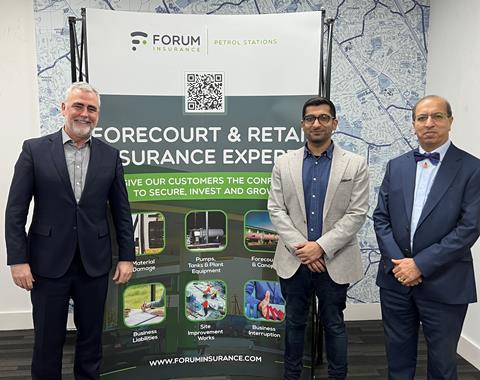
What should you do when an incident occurs?
Even the best-run businesses are going to have an incident at some point in their existence. Do you know the best practices to follow when the inevitable day comes? There are a few general tips to follow to prevent a claim:
1. Use common sense where applicable and have a designated individual on-site to take charge and coordinate all actions.
2. Ensure all team members are trained on how to respond to different types of incidents.
3. Collect as much evidence as you can of the event(s) including, documentation, eye-witness statements, photos, videos, and anything else relevant.
4. Do any of the electricity/fuel/gas/water emergency cut-offs need to be activated? Make sure this is clearly signposted.
5. Can any actions be taken to mitigate any further damage or risks?
6. Communicate to third parties via signage or announcements that an incident has occurred and what precautions have been taken.
7. Inform the insurance provider that an incident has occurred as soon as possible.
We’ve all heard the saying “prevention is better than cure” and it’s never truer than when running a forecourt. Forecourts are high-risk locations with a high frequency of visitors, and even with the best risk management program, a forecourt business can still have an incident that could set it back. Having a comprehensive insurance package is the best strategic investment for a business’ long-term success.
Forum Insurance has been providing peace of mind for three decades to forecourt owners and operators. As an independent, family-owned insurance brokerage, we have the experience and expertise to tailor each insurance package to your business’ needs. We have exclusive access to insurers and search the entire market to provide our clients with the best cover at competitive premiums.
Find out more here - www.foruminsurance.com
